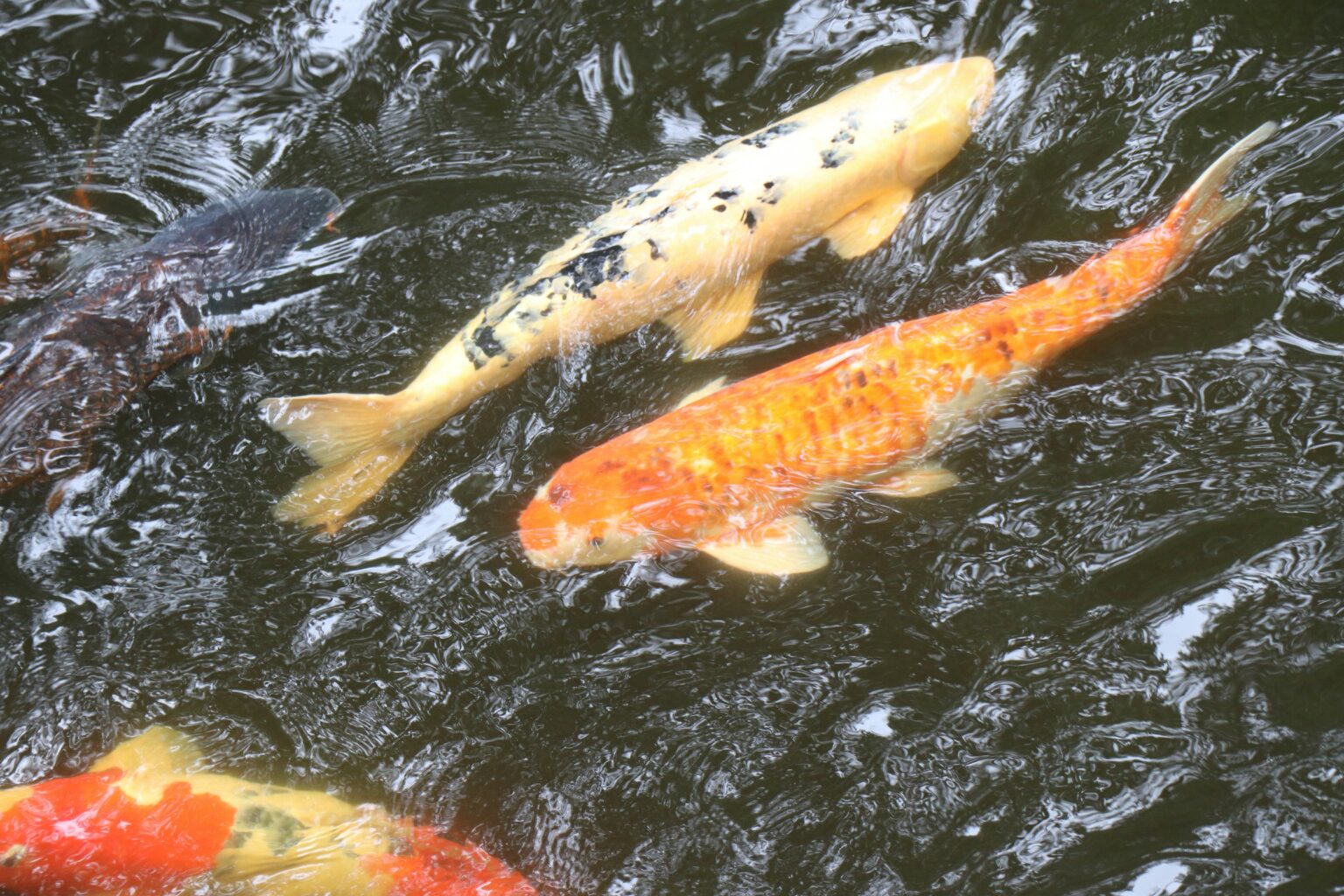Chile’s antitrust agency is urging the country’s competition court to hit three major salmon feed producers with the maximum possible fines—roughly US$80 million—for allegedly fixing prices over a span of more than a decade.
In a hearing before the Tribunal for the Defense of Free Competition (TDLC) on Monday, the National Economic Prosecutor’s Office (FNE) laid out its case against Biomar Chile, Skretting, and Salmofood, accusing the companies of running a price-fixing cartel that lasted from 2003 to 2015.
According to prosecutors, the companies didn’t just engage in isolated misconduct—they formed a single, long-standing agreement that distorted prices across virtually the entire salmon feed market in Chile, the world’s second-largest exporter of farmed salmon.
How the Alleged Cartel Worked
The scheme allegedly began with the companies coordinating price lists and agreeing on adjustments. As it evolved, they reportedly aligned how they reported raw material costs to customers—another way to indirectly control pricing.
The FNE says the collusion was led by senior executives at each company, including general managers, commercial directors, and purchasing chiefs. Investigators uncovered emails, internal reports, and sworn testimony pointing to years of coordination.
The case came to light thanks in part to Ewos, another player in the market, which came forward under Chile’s leniency program and provided key evidence in exchange for immunity.
The Fines
The FNE is asking the TDLC to impose the harshest penalties allowed under Chilean law at the time of the violations, seeking fines of approximately US$26.6 million per company, which would total nearly US$79.8 million combined.
If approved, it would be one of the largest fines ever imposed in Chile for collusion.
Why It Matters
This isn’t just about regulatory fines—it’s about a critical industry in Chile’s economy. Salmon feed is a major input for fish farms, and price manipulation could have rippled across the industry, raising costs for producers and, ultimately, consumers.
“This was a cartel that lasted more than 10 years and affected practically all sales in the market,” said Eduardo Aguilera, Deputy Head of Litigation at the FNE. “It was carefully structured and executed by the highest ranks of each company.”
Chile has been tightening its antitrust enforcement in recent years, and this case is a signal that authorities are serious about cracking down on anti-competitive behavior—even in complex supply chains like aquaculture.
What’s Next?
The TDLC is now reviewing the case. A decision could come later this year. If the court sides with the FNE, it would set a powerful precedent—not only for Chile but for the wider Latin American region—about the risks companies take when they cross the line into cartel behavior.
